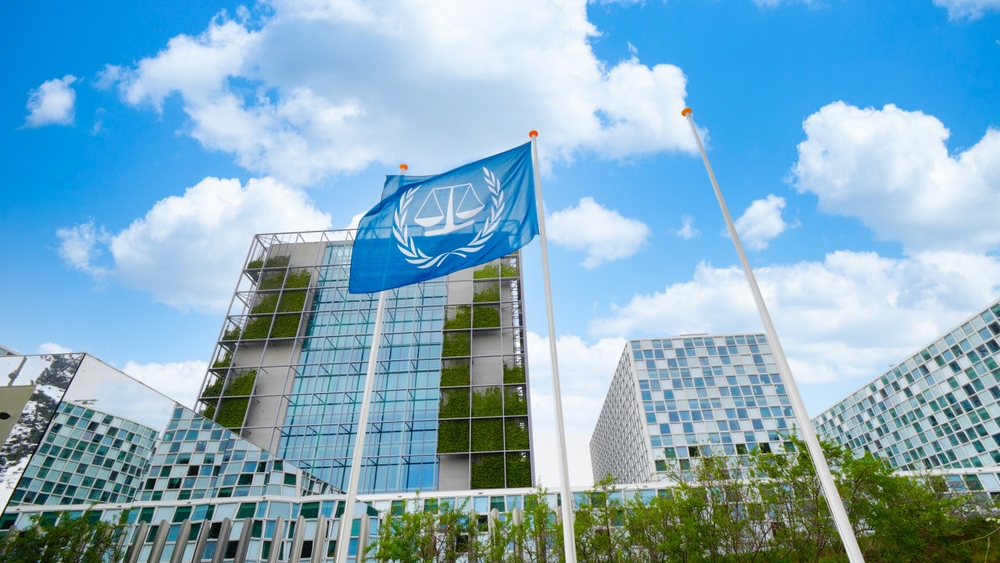
"The sanctions imposed by the US on the ICC demonstrate the risks associated with reliance on US IT services, crippling its operations and communications."
"The ICC's predicament is a cautionary tale for entities that engage with US software: it highlights the need for alternative solutions to avoid geopolitical risks."
"European governments are balancing the benefits of Microsoft services against the risks of external influence, making their reliance on US cloud services a complex discussion."
"With increasing geopolitical tensions, it's crucial for organizations to consider sovereignty in software use, highlighting the importance of exploring alternatives to US-based services."
In February, the US imposed sanctions on the ICC, impacting Chief Prosecutor Karim Khan's access to Microsoft services and freezing his bank accounts. The ICC's access to vital communication tools is compromised, showcasing the vulnerabilities of depending on US technology. This situation arose after the ICC issued an arrest warrant for Israeli Prime Minister Netanyahu, further escalating US-ICC tensions. European governments, while acknowledging these risks, still judge Microsoft services as beneficial, raising questions about the sovereignty of using US-based cloud solutions, particularly in times of geopolitical discord.
Read at Techzine Global
Unable to calculate read time
Collection
[
|
...
]